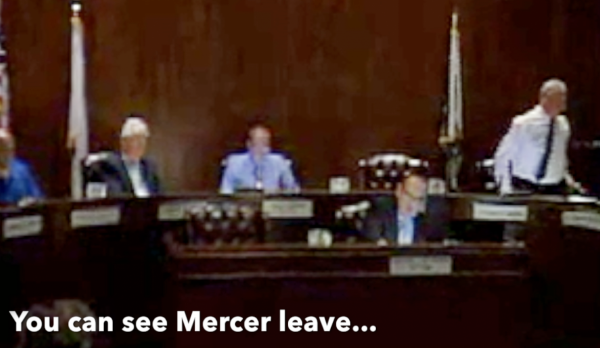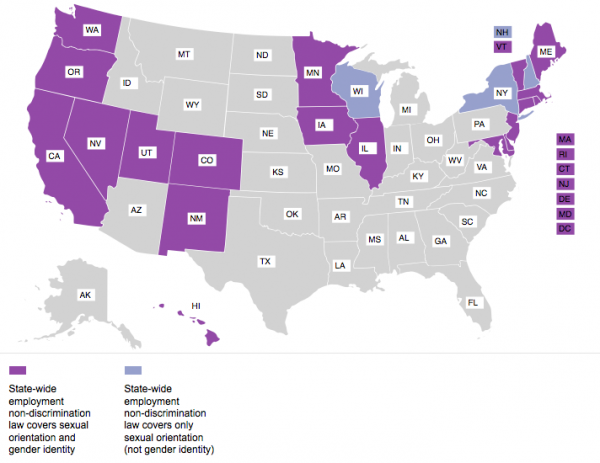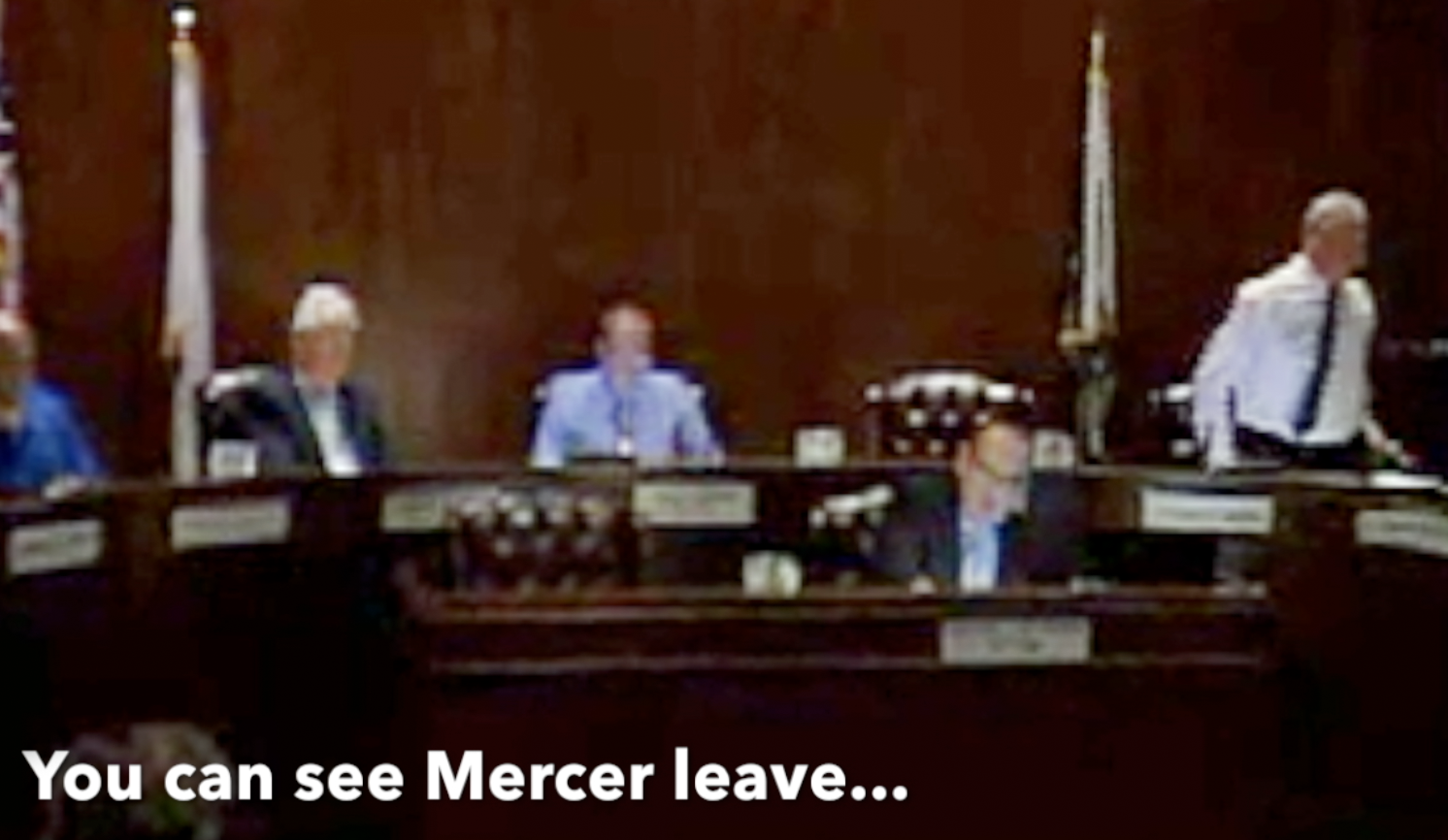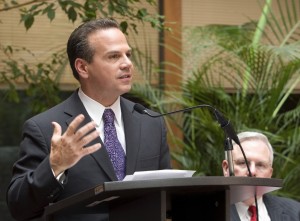 City Councilor Terrence Mercer missed three minutes of the September 23 Pawtucket City Council meeting. In doing so he avoided voting for (or against) a symbolic resolution in support of LGBT rights.
City Councilor Terrence Mercer missed three minutes of the September 23 Pawtucket City Council meeting. In doing so he avoided voting for (or against) a symbolic resolution in support of LGBT rights.
On the evening in question City Councilor Sandra Cano introduced a resolution endorsing the Equality Act, (HR 3185) a bill introduced by Representative David Cicilline in the US House of Representatives.
Cicilline’s bill “amends the Civil Rights Act of 1964 to include sex, sexual orientation, and gender identity among the prohibited categories of discrimination or segregation in places of public accommodation.” Cano’s resolution, which passed the Pawtucket City Council unanimously, was a mostly symbolic gesture in support for Cicilline’s efforts, and Pawtucket was the first city council in the state to pass such a resolution.
But though the resolution passed with a 7-0 vote, there were actually eight city councilors in attendance at the council meeting that evening. One, Terrence Mercer, a Democrat, was present for every vote before and after Cano’s resolution, but can be seen in the video below getting up and leaving the council chambers when the resolution came up for discussion. He is back right after the resolution passes to vote on the rest of the evening’s agenda.
The minutes from the meeting read:
COUNCILOR MERCER LEAVES THE CHAMBERS AT 8:22 P.M.
THE FOLLOWING RESOLUTION IS READ AND PASSED ON A ROLL CALL VOTE, AS FOLLOWS:
AYES – President Moran, Councilors Bray, Cano, Hodge, Rudd, Tetreault and Wildenhain.
NOES – 0.
588 RESOLUTION IN SUPPORT OF PASSAGE IN THE UNITED STATES CONGRESS OF HR-3185 ENTITLED THE EQUALITY ACT.
COUNCILOR MERCER RETURNS TO THE CHAMBERS AT 8:25 P.M.
In the video, one can see Mercer getting up and leaving the room as the issue comes up. After a short discussion, the vote is taken, with the secretary turning in surprise to notice that Mercer has left the room. Though we don’t see Mercer re-enter the city council chambers, around one minute later Mercer can be seen and he votes on the next agenda item.
Update: In an email, Councilor Mercer stated, “If you read the minutes in their entirety, you will see the council had just voted on a very important tax resolution dealing with a housing project in my district. That resolution is a key to rehabbing a very large public housing campus with hundreds of low-income residents. I left the chamber to speak to the developers and the city’s Housing Authority director about the project.”
UPDATE: In a text message, Mercer said, “For the record I am in full support of Congressman Cicilline’s legislation. No one should be made to endure discrimination regardless of race, ethnicity, gender or orientation.”
It should not have been hard to vote for a symbolic resolution in support of a national bill protecting the rights of LGBT citizens across the country. These are the same rights currently protected by law in Rhode Island, though most states lack these protections, as can be seen in the ACLU map below.







